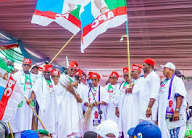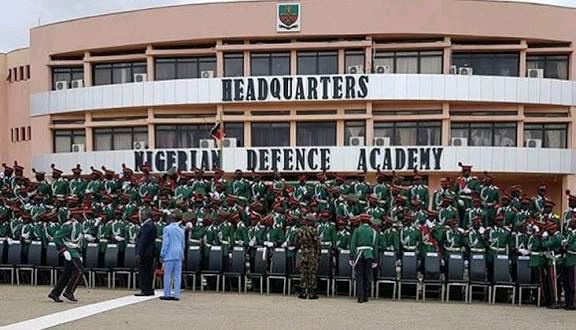Malachy Ugwumadu Speaks on ADC Crisis, Lagos LG Poll Controversy
Human rights lawyer Malachy Ugwumadu has weighed in on the internal leadership crisis within the African Democratic Congress (ADC) and the growing concerns surrounding the conduct of upcoming local government elections in Lagos State.
Speaking during an interview on Channels Television’s Sunrise Daily, Ugwumadu said the conflict in the ADC was not unexpected, considering the internal dynamics of political parties in Nigeria.
P According to him, the dispute arose from what some members view as an attempt to hijack the party by its current leadership.
He explained that these members are relying on the party’s constitution to challenge the legitimacy of recent decisions taken by the party’s leadership, particularly those involving the chairman, whose tenure is also being questioned.
“ADC is an existing political party with structures, with membership and followership. Some members see what is happening as a kind of hijack of their party,” he said. “It is not possible that a singular person could take such a fundamental decision for the party without the full concurrence and participation of the existing members.”
Ugwumadu noted that the legal action taken by aggrieved party members is based on the need to protect the democratic process within the party.
He emphasized that the courts are best placed to interpret the party’s constitution and resolve the conflicting claims. He also explained that initiating court proceedings requires a sufficient cause of action, without which cases could be dismissed for lack of merit.
He further stated that the opposing camp within the ADC contends that all executive members of the party had voluntarily resigned to make way for the leadership transition, a claim the court will have to evaluate in the context of the party’s internal rules.
Turning to the local government elections scheduled to take place in Lagos State, Ugwumadu addressed concerns raised by civil society organizations about the timing of the polls and the level of inclusiveness.
He referenced provisions of the Electoral Act, which stipulate that area council elections in the Federal Capital Territory must be held no later than 30 days before the expiration of the current tenure of elected officials. Civil society groups argue that similar standards should apply to states, including Lagos.
However, the Lagos State Independent Electoral Commission (LASIEC) insists it is not in violation of the law, arguing that the Electoral Act’s provisions are specific to Abuja and do not govern local elections in the states. The commission also cited a 2003 court judgment to support its position.
Ugwumadu pointed out that a recent Supreme Court ruling against the Rivers State electoral body could influence the interpretation of the law in the Lagos case. He said the ruling reinforces the need for compliance with the provisions of the Electoral Act and could cast doubt on LASIEC’s legal defense.
He concluded that these developments underline the importance of legal clarity and institutional accountability in Nigeria’s democratic process.







